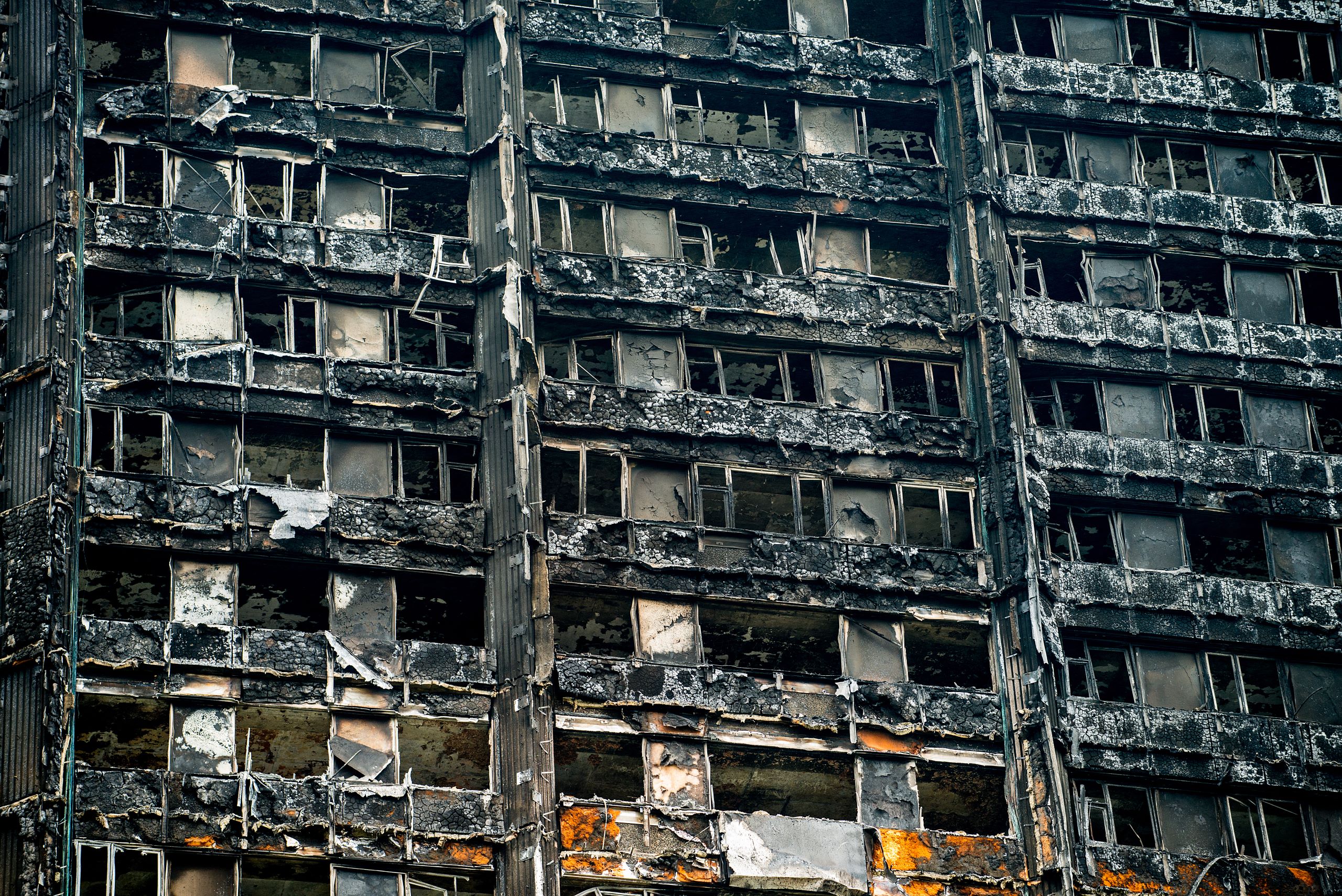Two tower block fires in London have focused attention on building safety and potential claims under the The Building Safety Act 2022 (BSA) .
Building safety issues were brought sharply into focus by the Grenfell tragedy in 2017 which killed 72 people. The blaze spread rapidly, allegedly due to the cladding on the block’s outside walls. A public inquiry into the disaster is still ongoing.
The Dagenham tower block fire on 25 August this year saw more than 80 people evacuated and two people taken to hospital. Families who fled the tower block expressed their fury at what they claimed was Grenfell Tower-style cladding which not been removed from their building. Another fire in a block of flats in Blackwall needed 70 firefighters to control.
The BSA legislation introduced in 2022 opened up new possibilities and opportunities for leaseholders to get help with remediation, and a major change in the limitation period for claims under the Defective Premises Act 1972 (DPA).
While pursuing a legal claim remains challenging, the BSA has changed the landscape for claimants, with the extension of limitation periods and has created the opportunity to target parent companies and others if the original developer has disappeared.
The BSA remediation orders and remediation contribution orders created new routes to assist with remediation for buildings at least 11 metres high or having at least 5 storeys and came into force on 28 June 2022.
The first was the ‘remediation order’ (BSA, s 123) which enables the First-tier Tribunal (FTT) to order a landlord – who is required under a lease to repair/maintain – to remedy defects causing a building safety risk. It also creates a right to ask for a ‘remediation contribution order’.
This enables the FTT to make an order requiring a company or partnership to make a payment to meet costs incurred or to be incurred in remedying defects that create a building safety risk. This order can be made against the developer, the current landlord, and the landlord on 14 February 2022 .
Both the remediation order and the remediation contribution order were brought in to respond to the building safety crisis and ‘backwards looking’ and only apply to defects stemming from works undertaken in the 30 years prior to 28 June 2022.
However, legal experts believe successfully claiming under the legislation may in practice be vastly challenging, due to a number of factors relating to the length of time. These include destruction of paper and electronic records, changes in IT systems and a lack of direct experience of the matters in issue for an expert witness.
W Denis Insurance Brokers has been arranging specialist insurance for the Property and Construction Industry for more than 60 years and are experts in the tailoring of suitable insurance products. Our expertise spans the different sorts of specialist insurances needed during all stages of a property lifespan including Design, Build/Construction, Repair/Remediation/Rectifications well as Operation/Occupation for all types of Assets: Residential, Commercial, Industrial, Onshore/Offshore Energy/Power UK and International.
In particular, W Denis Brokers are market leading experts at understanding the market and coverage differences/benefits between how Professional Indemnity, Contract Works and Latent Defects interact, covering both legacies as well as future exposures. Please contact Mark Dutton at [email protected] / 0044 (0) 7831366469 or make an appointment via Daniel Moss at [email protected] / 0044 (0)113 2439812.

Specialist contact
Mark Dutton
Executive Director / Group Head of Broking & Business Development
T. +44 (0) 7831 366 469
Arrange a call back



